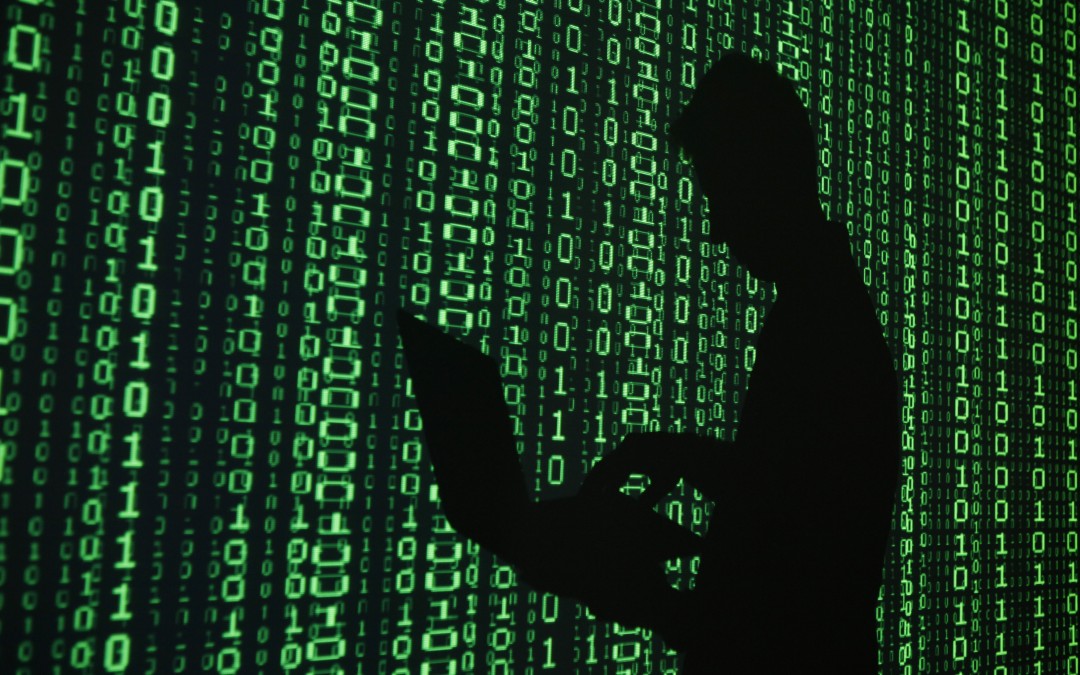New report highlights “unsettled” legal situation on anonymous speech Approaches to reader comments vary widely among online media
 An illustration picture shows a projection of binary code around the shadow of a man holding a laptop computer in an office in Warsaw June 24, 2013. REUTERS/Kacper Pempel.
An illustration picture shows a projection of binary code around the shadow of a man holding a laptop computer in an office in Warsaw June 24, 2013. REUTERS/Kacper Pempel.
VIENNA, Oct 22, 2014 – Reflective of a lack of global legal consensus, media policies toward anonymous online reader comments remain in an “experimental” stage, a ![]() new report commissioned by the International Press Institute (IPI) has concluded.
new report commissioned by the International Press Institute (IPI) has concluded.
The report, released today, examines law and media best practices from around the world on the question of anonymous speech online, an issue viewed with increasing concern by press freedom advocates. Most recently, the European Court of Human Rights upheld a civil sanction against an Estonian media outlet, Delfi, for failing to pre-empt defamatory reader comments even though it removed the comments on request. Subject to widespread criticism, the decision is currently under review by the Court’s Grand Chamber.
Surveying key court rulings from around the globe, the authors of the report – led by Anthony L. Fargo, associate professor and director of the Center for International Media Law and Policy Studies (CIMLAPS) at the Indiana University Media School – found that the recognition of a right to anonymous speech varied widely from country to country but to some degree correlated with existing attitudes toward freedom of expression in general.
“Among nations that have long histories of respecting rights to free expression,” the report notes, “there is some consensus that there is a limited right to communicate anonymously … and that Internet service providers are not legally responsible for the acts of their users.” The situation appeared bleaker in states considered more repressive of free speech as a whole, with policies in China and Vietnam requiring Internet users to register their real identities highlighted as examples.
Noting that “the effect of anonymity on the quality and tone of discussions is a subject of ongoing controversy and debate”, the authors determined that media policies toward online comments also varied widely, at least among Western outlets. Key differences observed included whether or not to conduct pre- or post-moderation of comments, and whether or not to allow users to comment using a pseudonym.
Overall, while it acknowledged ethical concerns related to anonymous speech, the report sounded a cautionary note over attempts by both governments and media outlets to eliminate such speech altogether. In doing so, it cited a warning last year from the U.N. Special Rapporteur on Freedom of Expression that limiting anonymity could “have a chilling effect, dissuading the free expression of information and ideas”. Commenters who fear reprisal from “peers, employers, or government officials”, as the report put it, may choose not to share critical views.
IPI Press Freedom Manager Barbara Trionfi called the report “a must-read for both policymakers and editors”, saying: “This report greatly enhances our understanding of the current legal situation related to anonymous online commentary, and surveys the diverse ways in which media outlets have responded to the challenge such commentary presents. More than that, it encourages us to think very carefully about the ramifications on the free flow of information and debate that overly restrictive policies toward anonymous speech online may have.”
In addition to Fargo, the report’s co-authors are Kyle A. Heatherly, a Ph.D. student at Indiana University, and Jason A. Martin, assistant professor at the College of Communication, DePaul University. CIMLAPS, under Fargo’s leadership, has produced several other legal studies in cooperation with IPI, including studies on international approaches to criminal defamation.
Click to download the report “![]() Anonymous Online Comments: The Law and Best Media Practices from Around the World“.
Anonymous Online Comments: The Law and Best Media Practices from Around the World“.
































